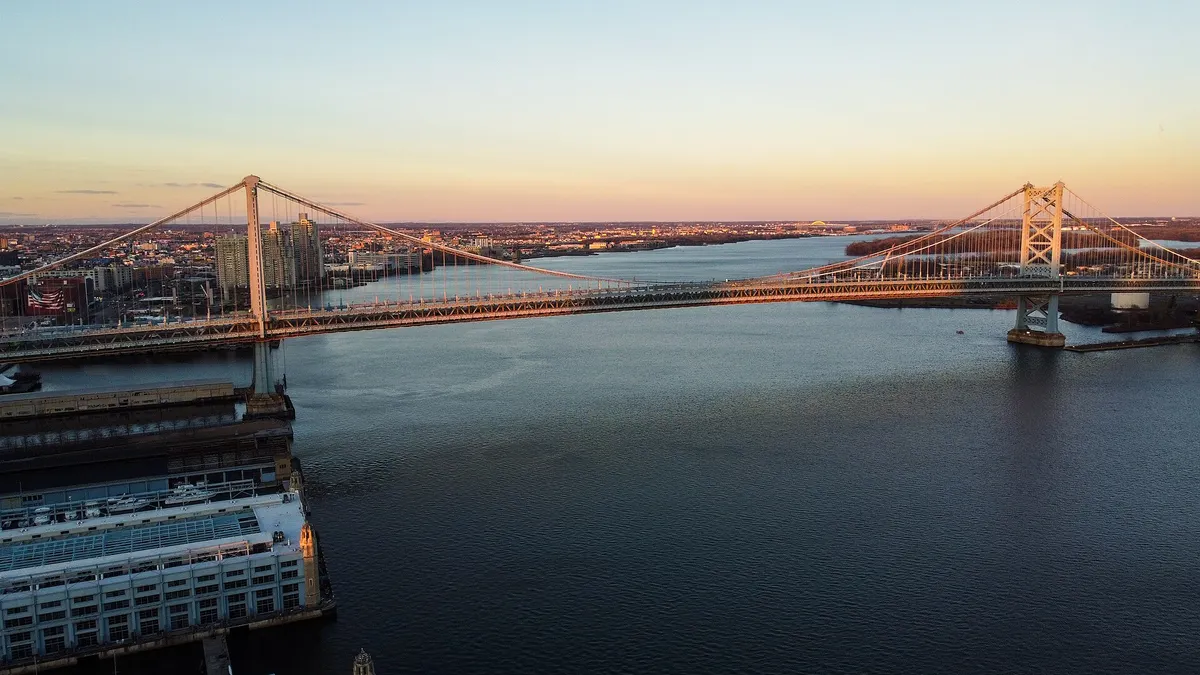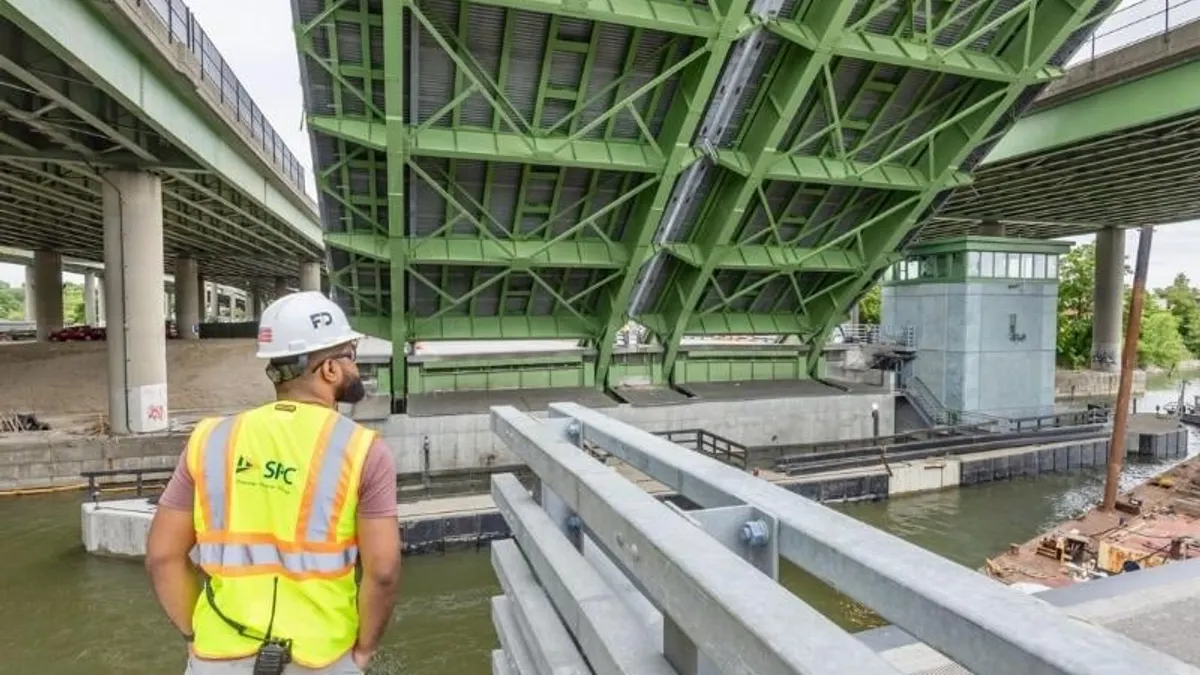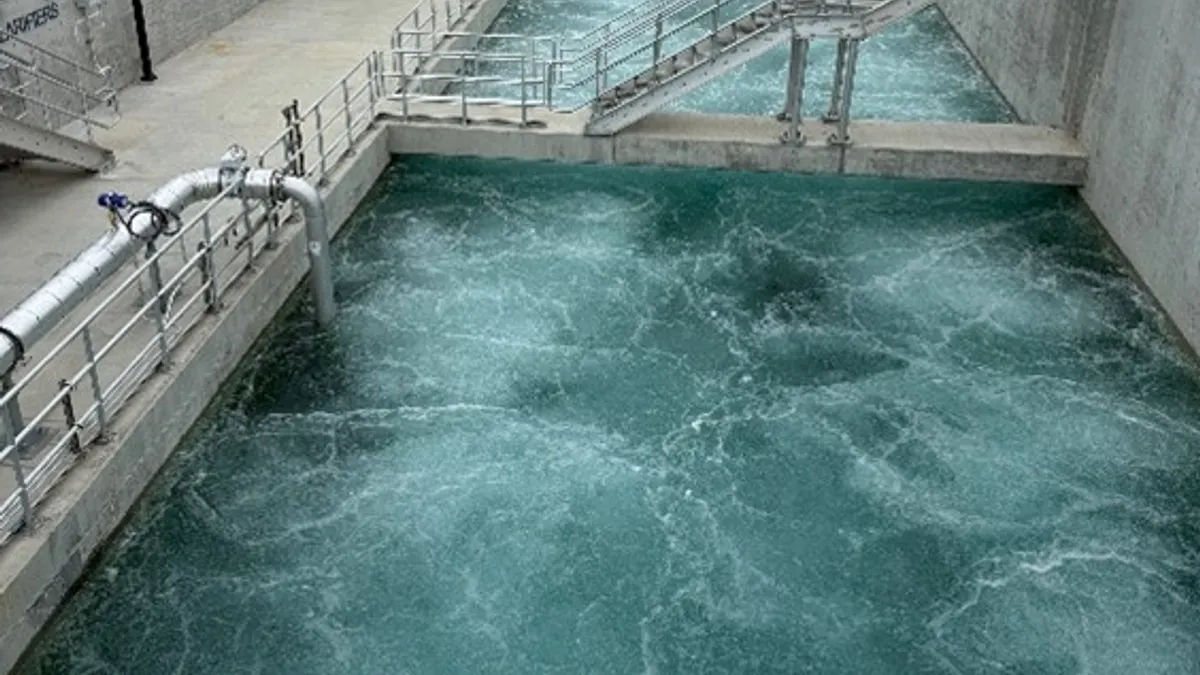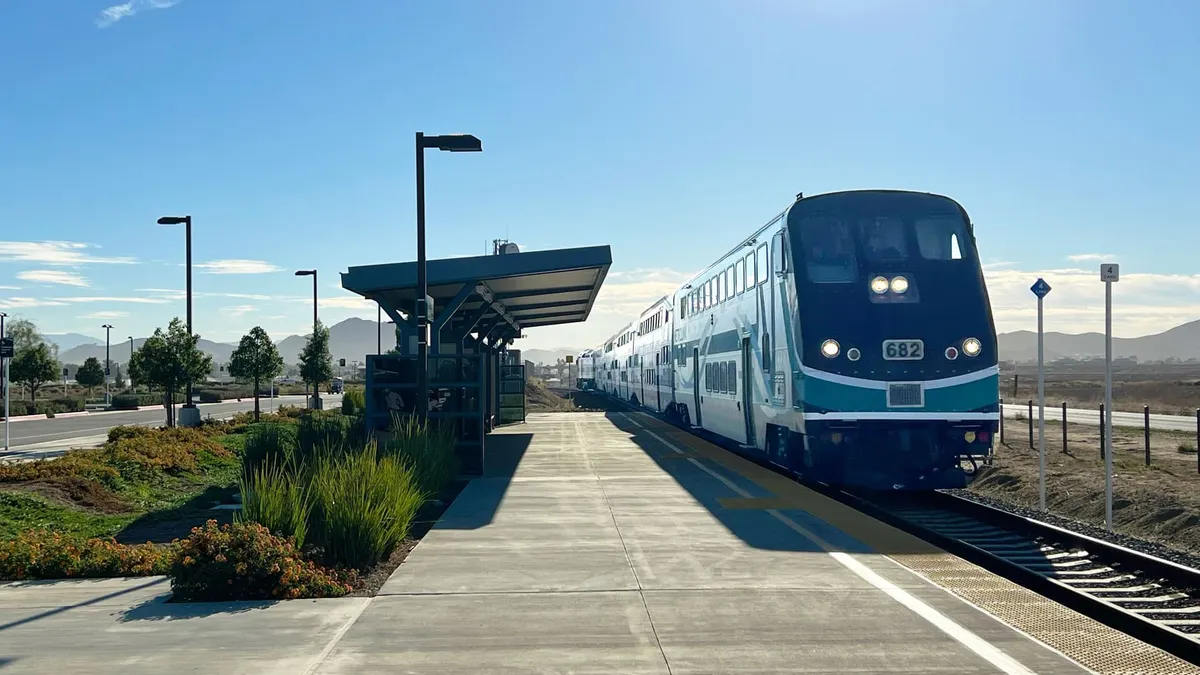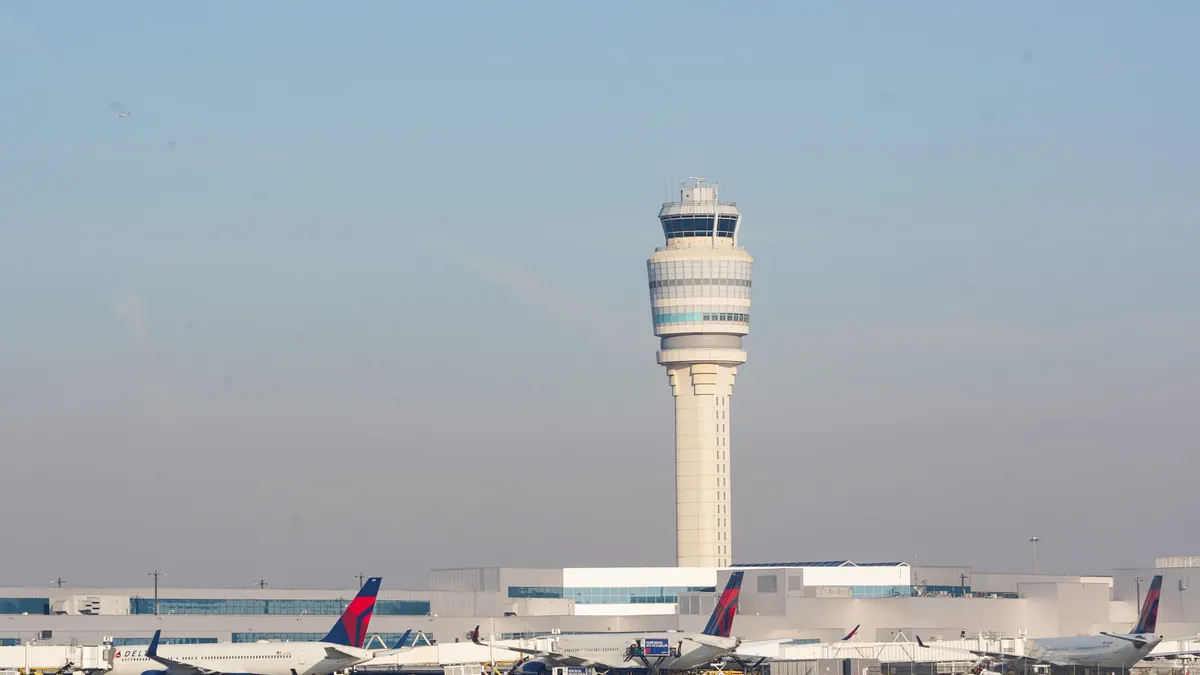Just in time for the summer road construction season, the federal government’s bank of transportation funds is about to run out of gas.
The federal Highway Trust Fund is projected to run dry by August, and if it does, federal highway and transit projects all over the country could be delayed or even canceled.
In the meantime, the fund—which collects money from a nationwide gas tax and distributes it to the states for building and repairing roads, bridges and other infrastructure—has a May 31 expiration date. Congress could reauthorize the fund, but that won’t keep it from running out of money.
“History has shown that Congress will pass another short-term extension before they would allow federal funding to the states to be dramatically curtailed,” according to a statement by the Nebraska Department of Roads.
In fact, Congress in the past has extended the authorization 32 times and has patched the fund with infusions of cash—$62 billion worth since 2008—from the general fund.
Still, politicians on both sides of the political aisle have said reapplying that short-term Band-Aid year after year isn’t enough to salve the chronic worry over where the money will come from for needed repairs to a crumbling national infrastructure.
'One big pothole'
The American Society of Civil Engineers has estimated it costs $125 billion per year to maintain and repair highways and bridges, and assigned a grade of D+ to the national infrastructure. The conservative Heritage Foundation has forecast that the Highway Trust Fund will overspend its coffers by $13 billion in 2015 and by $22 billion in 2025 unless Congress finds a way to generate more money to keep it solvent.
Revenue from gas taxes, plus a smattering of income from taxes on tires, trucks, trailers and other vehicles, replenishes the fund each year. But as cars become more energy-efficient, drivers are buying less gas—shrinking the payout to the fund.
At the same time, the need for repairs on some public highways has become acute: “Infrastructure is falling apart; infrastructure is crumbling," former Transportation Secretary Ray LaHood told The Fiscal Times last week. “The country is one big pothole right now.”
National security?
Vice President Joe Biden on Monday said spending on road construction and repair is a national security issue, noting that the federal government spends less than 1% of gross domestic project on infrastructure.
“We rank 28th in the world in terms of a modern infrastructure,” Biden said at an event in Washington. “There is absolutely no rationale, no reasonable argument against the need for these investments.”
At the same event, sponsored by Bloomberg, Transportation Secretary Anthony Foxx said temporarily stabilizing the fund is not enough. “This is not a rational debate we’re having,” he said. “We know we have big infrastructure needs. We know we have big maintenance needs. We know we need to go big as a country. It’s not the facts that are in the way. It’s the resolve.”
Still, Congress has been unwilling to raise the $18.4-cent-per-gallon gas tax, which has remained at the same level since 1993, despite apparent public support for a hike if the money were dedicated to specific transportation improvements, according to a poll last month by the federally funded Mineta Transportation Institute.
And a proposal by the Obama administration to bolster the fund by taxing U.S. companies’ overseas profits has not drawn much support from legislators.
Transit disaster
Transportation infrastructure made headlines this week after an Amtrak train derailed in Philadelphia on Tuesday, killing seven and injuring more than 200.
Washington Post reporter Justin Moyer summed up the buzz in the nation’s capital: “Although the cause of Tuesday’s derailment was still undetermined,” he wrote, “the answer has a lot to do with the United States’ crumbling transportation infrastructure, and a little to do with freak accidents. The United States’ lack of interest in funding rail transportation has been long-lamented.”
This week is National Infrastructure Week in Washington, so policy, construction and labor groups are in the capital city to attend conferences related to transportation funding and to lobby Congress to spend more on infrastructure projects.
Industry sentiment
Perhaps no industry has lamented the lack of investment in infrastructure construction as much as the one that employs those who do the work.
“If we want to modernize our aging highway network, expand transit and make our bridges safer, we need to find a way to pay for it,” Associated General Contractors of America CEO Stephen E. Sandherr said last summer in response to a U.S. Senate proposal.







